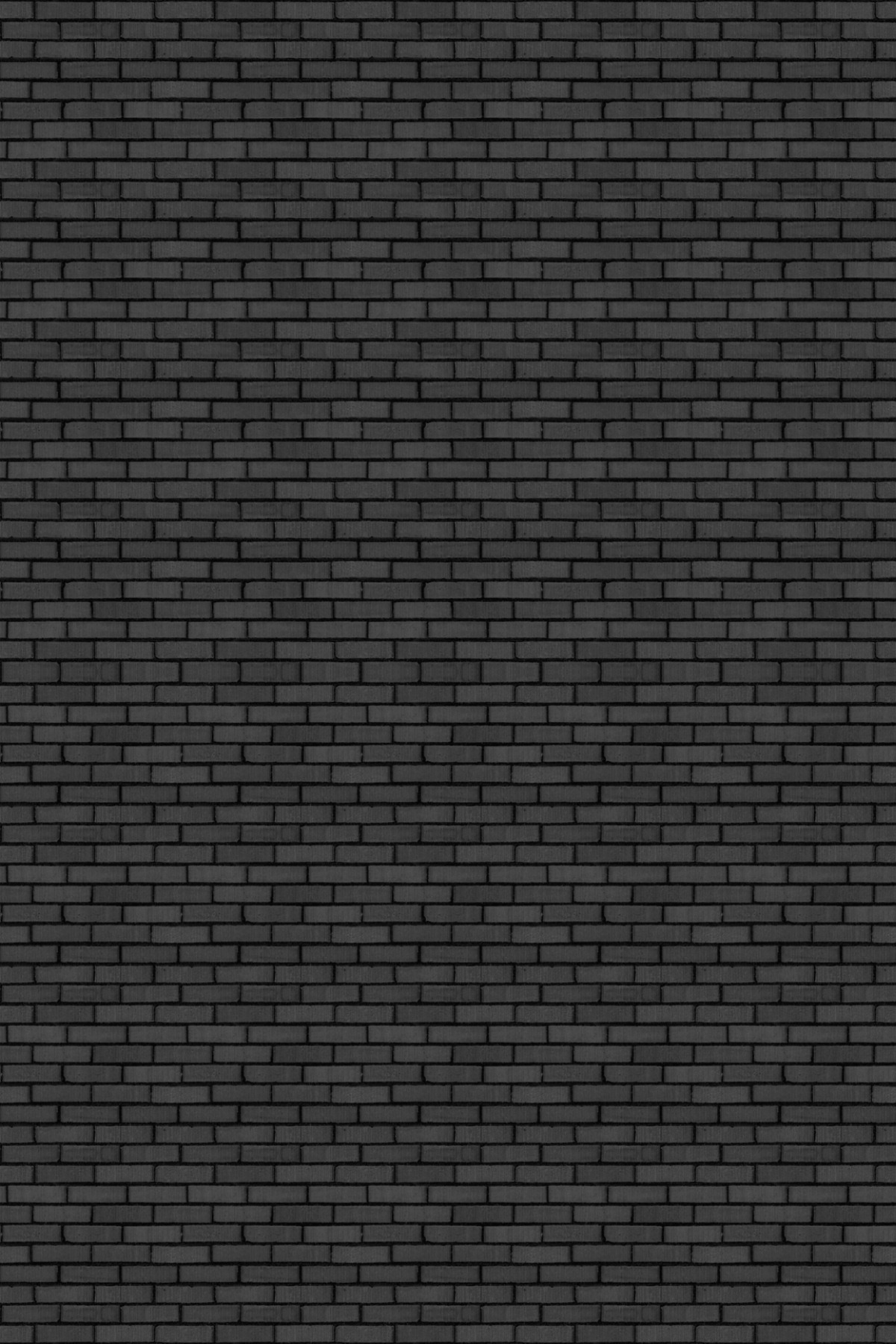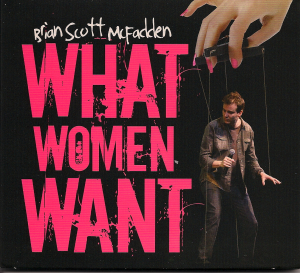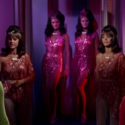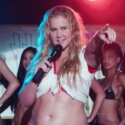
I’m Outraged That You’re Offended!
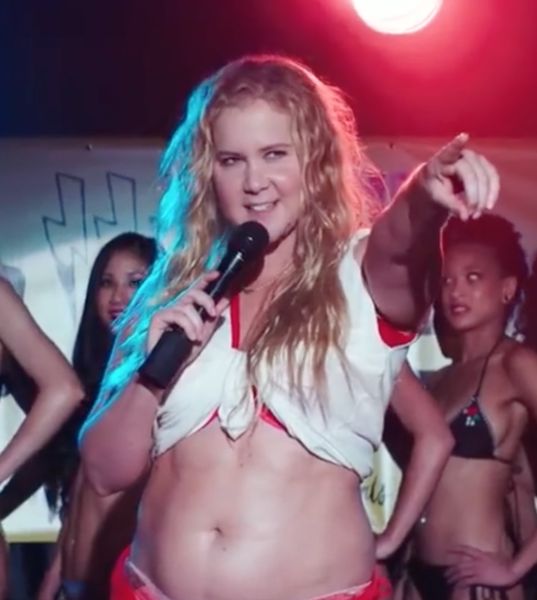
Amy Schumer in “I feel Pretty”
Apparently the TRAILER to Amy Schumer’s new movie has given many people a huge opportunity to be upset about something. Yes…a TRAILER. Not even a movie…A TRAILER FOR A MOVIE. Now I know the idea of WAITING to see a film before critiquing it, is a bit quaint in a day and age when nothing is expected to take precedence over being the first in line to register online outrage. But such is life. There are numerous criticisms being leveled at the trailer because of what appears to be the premise of the film. One odd point being made is that it’s offensive for AMY SCHUMER specifically to make a movie where she supposedly PLAYS a character who doesn’t BELIEVE she’s attractive. Because Amy Schumer (or the character she is playing) is actually TOO attractive to do that…and so the part SHOULD have been played by a much LESS attractive actress or perhaps an actress made up in the film to actually BE less attractive; Meaning the film would be FINE, if ONLY the character WAS REALLY SUPER unattractive AND/OR was PLAYED by an actress, who these online critics would CONSIDER conventionally UNATTRACTIVE (like… assuming for the sake of extreme exaggeration: A 500 pound disfigured actress with actual scars or some other culturally agreed upon signifier of “unattractiveness”). THEN the movie would be ok. Never mind that MANY attractive people CONSIDER themselves unattractive, which is THE whole premise of the film: That how you SEE yourself is actually far more important than anything else. Which raises a key issue that all of the criticism seems to merely be a proxy for: that what many of these critics REALLY dislike is the very IDEA of “beauty” at all. I mean, why aren’t these people protesting the modeling industry for historically prejudicial hiring practices that rampantly discriminate against unattractive people? I’m not talking about “plus size” models…I’m talking about the actual determinations made about individual’s qualifications to be a model which are based solely on looks. Does “beauty” exist or doesn’t it? Yes I know beauty standards can change and shift over time but that dodges the question: Is EVERYONE EQUALLY physically beautiful? Well it’s like the Twilight zone episode where everyone is operated on and made “beautiful”. And one girl resists, saying “When everyone is beautiful, no one will be, because without ugliness, there can be no beauty.” It also seems that, to the film’s critics, even the IDEA of any supposedly attractive person THINKING they’re NOT attractive is trivializing to the EXPERIENCES of people who really ARE unattractive. The subtle implication being that basically anyone that’s actually ATTRACTIVE (as judged by societal standards) has NO right to even PLAY a person who’s unattractive (like say Charlize Theron in her Oscar winning performance in Monster) or even a character who just considers themselves UNATTRACTIVE…unless the actress or character actually IS unattractive ENOUGH (according to the critics who will determine who’s sufficiently unattractive and who isn’t…supposedly according to those pesky amorphous “societal standards” once again) Which totally ignores the fact that once you go down that rabbit hole of comparative beauty standards, you’re ALWAYS going to find someone somewhere who could argue that THEIR individual physical characteristics aren’t being given sufficient recognition as attractive or unattractive depending on what argument you’re trying to make at the moment…or something (I know…I’m lost now too). So in summation: If you (or the character you’re playing) is attractive (according to “societal standards”, whatever those are) BUT you (or the character you’re playing) THINKS you’re UNATTRACTIVE…then you’re obviously insensitive, oblivious & unempathetic to the suffering of REALLY unattractive people and you need to check your “hot privilege”? I think…or something…Am I getting this right?…My final take on this controversy being that it is just another cultural Rorschach blot on which people are projecting their own internal conflicts…or (to paraphrase Anais Nin) “We don’t see movies as they are…we see them as WE are.”


